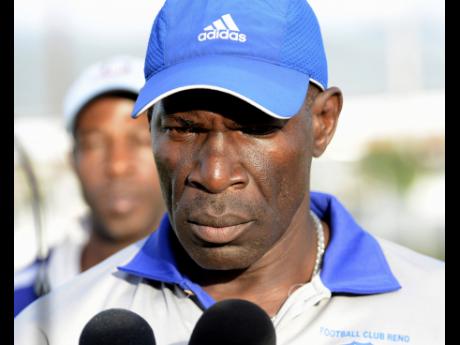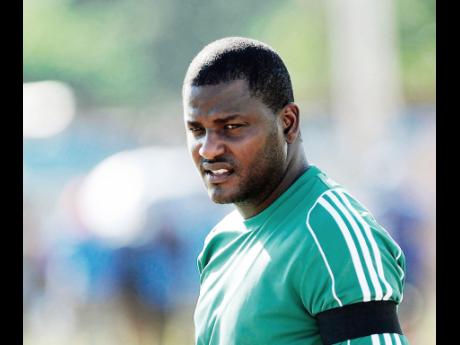'WCup was about tactical discipline'
Local coaches Shavar Thomas, Omar Edwards, Vassell Reynolds have described the 2018 World Cup as one which was a fantastic spectacle, full of suspense and unpredictability.
According to the coaches, the smaller nations came to the fore in a big way and they believed that was possible because of the tactic of playing behind or without the ball for the majority of their games. Local teams, they said, can learn a lot from this tactic.
Tivoli's coach, Edwards, said the smaller European teams were 'pragmatic' in their approach and local players and teams have to learn to be more disciplined if they want to compete at the highest level.
"The teams in the World Cup were compact and organised from the first whistle. Most played a low press game. They were very cagey, so most teams played on the counter-attack. It's not new, we have been doing a long time but the teams in the World Cup reinforced it," he said.
He added that team discipline cannot be achieved without individual discipline, which is not strong enough in domestic competitions.
"We have taken note of tactical discipline of the players to carry out coaches' instructions. They were very disciplined for the most part and organised, especially the European teams. So if our local players want to play at the highest level, if teams want to play at the highest level tactically, players have to learn the game more and be more disciplined," he said.
Thomas, the coach of Red Stripe Premier League (RSPL) champions, Portmore United, agreed the World Cup reinforced how effective playing behind the ball or without the ball is, while using the counter-attack to break open opposing defences.
"You take something from each team, especially, the way they played behind the ball and the patience they had. Small European teams - Iceland, Sweden and Denmark - were comfortable without the ball and were very happy and willing to defend.
"In the final Croatia had more possession but France were more effective in executing their plan. So you never know what can happen on the day, but this is football ...," he reasoned.
Vassell Reynolds, of Reno and daCosta Cup winners Rusea's High, said the World Cup taught him to be pragmatic and to adjust to situations.
"I didn't want to get caught up with supporting (Argentina) and get emotional. I really wanted to learn during this World Cup," he said.
"What I recognised this World Cup is that you can be pragmatic as a coach to counter what you think your opponents will be doing. I thought Belgium and England showed that in many instances. So you can be pragmatic during a tournament, during a game and not just go in there with one plan
"But this World Cup people (teams) were not just about or bent on defending ... they countered. So they were more adventurous," he stated.




